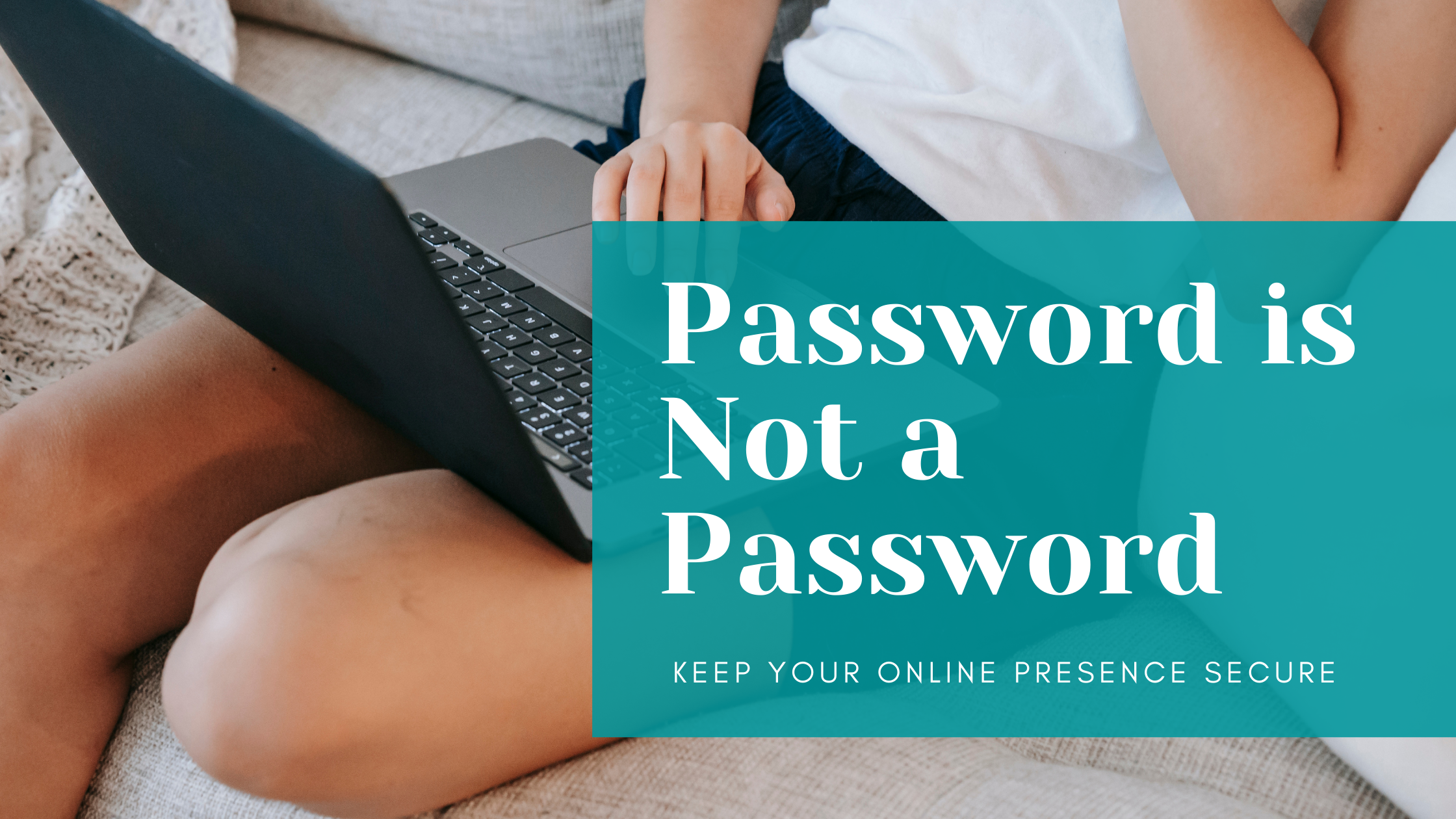Living at our Sugarloaf apartment complex can offer many benefits. However, apartment living can bring along some disadvantages as well. One of them is that anyone who lives in close proximity to your apartment can connect to your Wi-Fi network, especially if you don’t secure it with a password or you share your password with one or more neighbors.

Why It’s Important to Secure Your Wi-Fi Network
If you’re like most people, you rely on your Wi-Fi to complete different tasks online, such as paying bills, working from home, shopping, watching movies, chatting with friends, and so on. You can also use your Wi-Fi network to remotely control robot vacuums, washing machines, ovens, TVs, air conditioning and heating systems, air purifiers, irrigation systems, and other smart appliances and devices.
While wireless technology can make your life easier, an unsecured Wi-Fi network can give other people access to all the appliances and devices that are connected to your network, including your smartphones, tablets, laptops, voice assistants, and IP cameras. What’s even worse is that your neighbors, their visitors, and even the people walking on the surrounding streets can easily get access to your personal information.
Considering all these, here are a few reasons why you should never share your Wi-Fi password with other people:
-
Hackers could steal your information:
Regardless of the antivirus programs we use and the passwords we set, we are all at risk of being hacked. But disclosing your Wi-Fi password to other people can make it easier for hackers and scammers to break into your network.
Sometimes, hackers access different Wi-Fi networks to carry out ransomware attacks. During a ransomware attack, a hacker encrypts the files stored on the computer and then requires a ransom payment for the decryption key, which will restore the user’s access to the encrypted files. Other times, hackers break into Wi-Fi networks in order to view the files that people have on their computers or laptops, go through their emails, and check their social media profiles as well as the sites they visit. Once a hacker has access to all the data you have on your computer, he or she can steal your personal information.
If a hacker obtains your full name, birthday, address, social security number, and a copy of your ID, he or she may use those details to close different transactions on your behalf and even to apply for a credit card or loan in your name. Since the hacker won’t pay off the debt, you may become severely delinquent on the credit card or loan payments. This could negatively affect your financial situation and cause a dramatic drop in your credit score, and it snowballs from there. - Hackers could also intercept the communications between users and the sites they visit. Then, they can create their own versions of those sites and send users emails with links to the fake sites. When the users click those links, they’re taken to the fake sites, where they’ll log in with their usernames and passwords. Once hackers obtain login credentials, they can take over user accounts and complete different operations. For instance, a hacker could change the delivery address, order different items, and then pay with an existing payment method saved in your account.
By simply accessing different personal details that you might have stored on your computer, a hacker could also intercept your tax refund, file fake claims, redeem your unused airline miles for cash or flights, and transfer funds from your bank account to other accounts.
-
Hackers could use your Wi-Fi network for different illegal activities:
A hacker could use your Wi-Fi to break into the computer systems and networks of other people, businesses, or institutions. Generally speaking, a person who doesn’t willfully engage in criminal activity cannot be held liable when a data security breach occurs. However, whether the person will be held responsible depends on the actual state and federal statutes as well as the particular circumstances involved in the case. Additionally, a person who fails to secure the Wi-Fi network properly may violate the ISP service agreement.
-
Your entire bandwidth could be used by other people:
While there are some Internet plans without data caps, your bandwidth has a maximum capacity to transmit data over the network connection. When multiple devices are connected to your Wi-Fi, the bandwidth is being divided among them, which will affect your Internet speed. This may cause frustratingly slow browsing speeds, latency during gaming, and buffering during streaming.
Fortunately, Wi-Fi security has improved significantly in recent years. However, there are a few steps you can take in order to ensure you have better Wi-Fi security for your Destin apartment. Besides keeping your privacy in check and preventing the frustration of slow Internet speeds, a secure network can help you avoid any overage charges that may apply when you exceed your data caps.